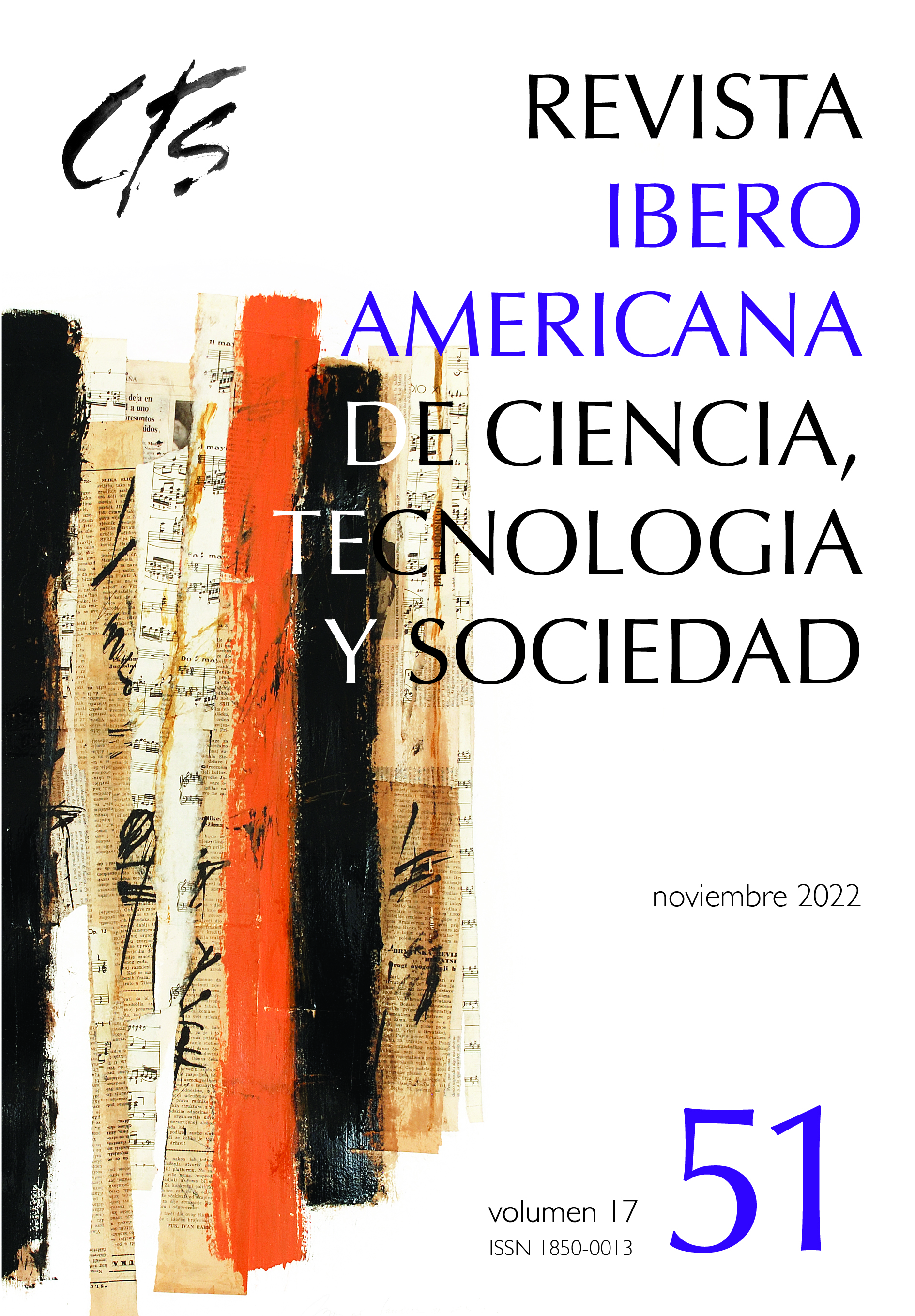Comparing Measurement Methodologies for the Quality of Higher Education
Keywords:
higher education, quality, indicators, university, evaluation criteriaAbstract
On the basis that the concept of quality is installed on the higher education agenda -especially quality evaluation- and that both concepts are currently a topic of great importance in most countries, three methodologies used to measure the quality of higher education were compared in this article: those considered by accreditation agencies, world-class university rankings and service quality measurement models. Based on the definition of quality set out by UNESCO in 2007, each quality measurement instrument is reviewed in order to demonstrate the presence of concepts included in the adopted definition of quality. The research shows that, except for small observations, current methodologies for measuring the quality of higher education do not consider social dimensions as quality parameters.
Downloads
Downloads
Published
How to Cite
Issue
Section
License
Copyright (c) 2022 CC Attribution 4.0

This work is licensed under a Creative Commons Attribution 4.0 International License.
All CTS's issues and academic articles are under a CC-BY license.
Since 2007, CTS has provided open and free access to all its contents, including the complete archive of its quarterly edition and the different products presented in its electronic platform. This decision is based on the belief that offering free access to published materials helps to build a greater and better exchange of knowledge.
In turn, for the quarterly edition, CTS allows institutional and thematic repositories, as well as personal web pages, to self-archive articles in their post-print or editorial version, immediately after the publication of the final version of each issue and under the condition that a link to the original source will be incorporated into the self-archive.











